[A] towering achievement. By gathering the experiences of multiple Native peoples–across an astounding expanse of time and space– Indigenous Continent explodes the view that American history unfolded inexorably according to European and American design.–Andrew Graybill “The American Scholar”
“This nation’s history and self-understanding have long depended on the notion of a “colonial America,” an epoch that supposedly laid the foundation for the modern United States. In Indigenous Continent, Pekka Hèamèalèainen overturns the traditional, Eurocentric narrative, demonstrating that, far from being weak and helpless “victims” of European colonialism, Indigenous peoples controlled North America well into the 19th century. From the Iroquois and Pueblos to the Lakotas and Comanches, Native empires frequently decimated white newcomers in battle, forcing them to accept and even adopt Native ways. Even as the white population skyrocketed and colonists’ land greed become ever more extravagant, Indigenous peoples flourished due to sophisticated diplomacy and flexible leadership structures. As Hèamèalèainen ultimately contends, instead of “colonial America” we should speak of an “Indigenous America” that was only slowly and unevenly becoming colonial. In our myth-busting era, this restoration of Native Americans to their rightful place at the very center of American history will be seen as one of the most important correctives yet”–
[T]he single best book I have ever read on Native American history, as well as one of the most innovative narratives about the continent.–Thomas E. Ricks “New York Times Book Review”
When [John] Donne exclaimed ‘O my America! My new-found-land’ to his latest girlfriend, he was oblivious to the long history of that territory so painstakingly mapped by Pekka Hämäläinen in Indigenous Continent: The Epic Contest for North America.–Paul Muldoon, Times Literary Supplement, “Books of the Year 2022”
A vigorous, provocative study of Native American history by one of its most accomplished practitioners. . . . . In this follow-up to Lakota America, the author focuses on the long war between Indigenous peoples and alliances with the European colonial powers. . . . Throughout, the author resurrects important yet often obscured history, creating a masterful narrative that demands close consideration. An essential work of Indigenous studies that calls for rethinking North American history generally.–Kirkus Reviews, starred review
In this scrupulously researched survey of the past, a brilliant Finnish scholar presents a compelling picture. He shows that, at least through the 18th century and well into the 1800s, Indigenous peoples flourished by setting the agendas in their efforts to keep their land and resources and establishing the terms for the settlements that followed, even when they didn’t win their battles. This book recognizes that the strengths of Indigenous peoples came from a network of shifting, powerful kinship. . . . This is a book everyone could benefit from reading.–David Keymer, Library Journal, starred review
This is sure to be fascinating reading for anyone who grew up hearing that same old foundational myth of America–you know, that one that doesn’t exactly hang together.–Emily Temple, Literary Hub, “Most Anticipated Books of 2022”
Oxford University scholar Hämäläinen ( Lakota America) delivers a sweeping and persuasive corrective to the notion that “history itself is a linear process that moves irreversibly toward Indigenous destruction.” Reorienting the history of the Western Hemisphere away from “European ambitions, European perspectives, and European sources,” he focuses instead on the “overwhelming and persistent Indigenous power” that lasted in North America from 10000 BCE until the end of the 19th century. Throughout, Hämäläinen highlights the agency, resilience, diversity, and kinship of Indigenous peoples…. Skillfully shifting across regions and time periods…. Revelations abound…. This top-notch history casts the story of America in an astonishing new light.–Publishers Weekly, starred review
The author, an Oxford historian, recasts the history of North America from a Native American perspective, making clear that Native tribes controlled the continent for millenniums (‘On an Indigenous time scale, the United States is a mere speck’). One of the best books ever written on Native American history.–New York Times Book Review, 100 Notable Books of 2022
[A] powerful, revelatory history.– “Christian Science Monitor”
In [Hämäläinen’s] first two books, he explored notable peaks of Native power, as many recent histories do. But now, with Indigenous Continent, he stitches them into a sustained counterpoint to the conquest narrative. Five hundred years of North American history appear in his telling not as the story of colonization, but of a fierce and unsettled continent, bristling with possibility . . . You cannot read Indigenous Continent and retain the belief that Native societies quickly and permanently collapsed. Hämäläinen’s book not only exposes settler boasts of continental conquest as self-serving fictions; it rejects the entire settler sense of what constitutes American history. It is stand-everything-on-its-head history, offering the thrills of a sharp perspectival flip.–Daniel Immerwahr “Harper’s”
[M]agisterial . . . the pace and the scope of the book have a force of their own: Hämäläinen makes it clear that America’s past is crazily, energetically, tumultuously crowded with incident; that Indigenous power has affected everything about America . . . I can only wish that, when I was that lonely college junior and was finishing Bury My Heart at Wounded Knee, I’d had Hämäläinen’s book at hand. It would have helped me see that there was indeed a larger story: that my civilization hadn’t been destroyed; that my tribe’s contribution to the past wasn’t merely to fade away in the face of history; that Native peoples–for better or for worse–made this country what it was, and have a role to play in what it now struggles to be.–David Treuer “The New Yorker”
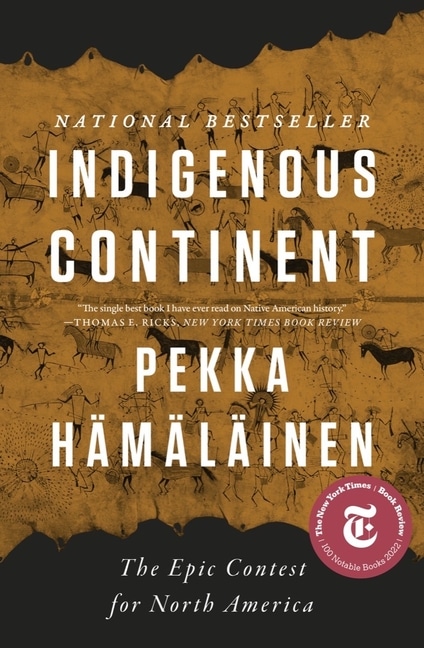

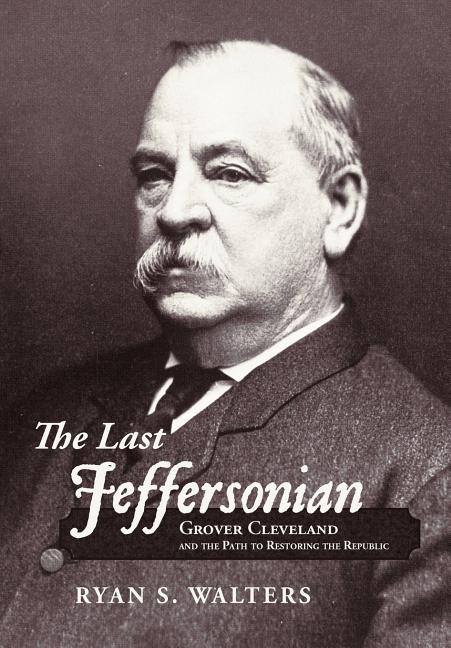

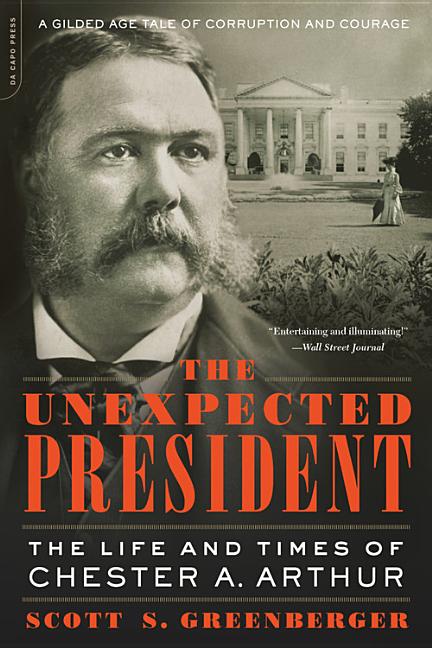


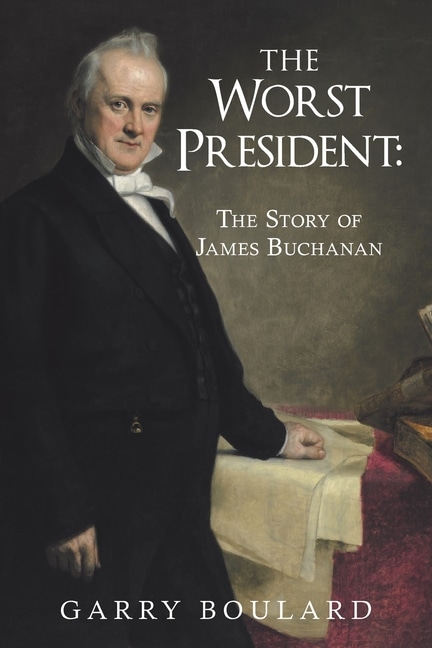


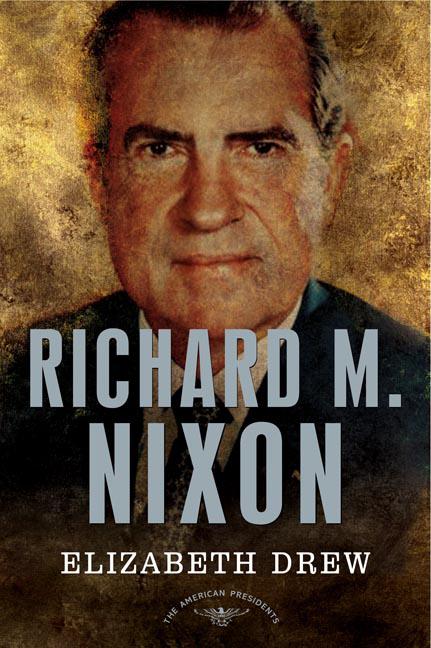

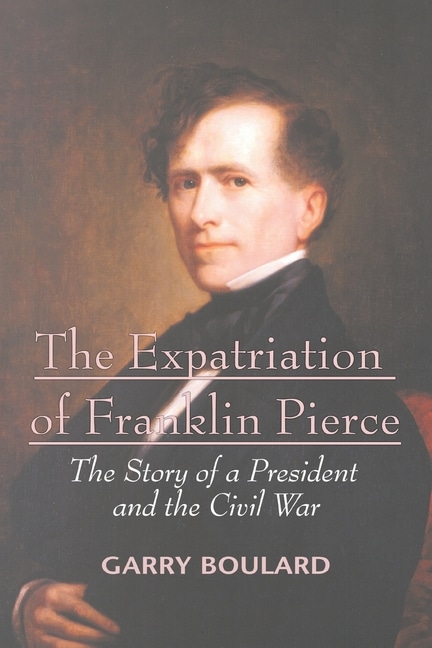
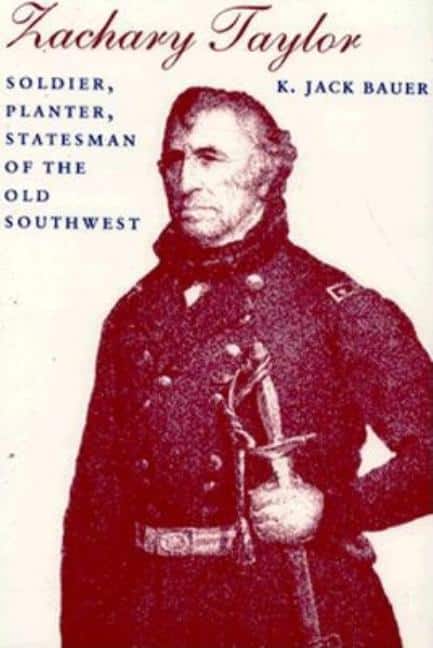

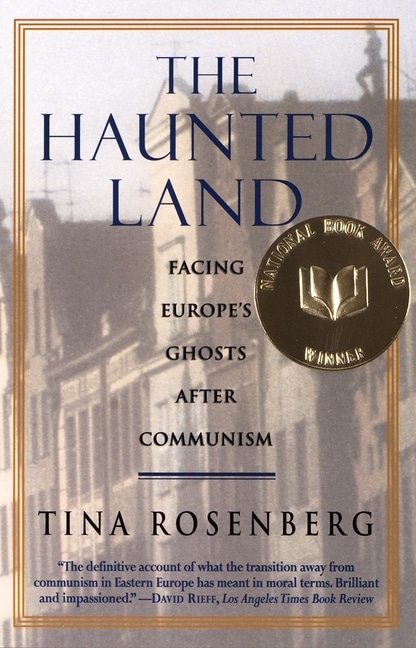

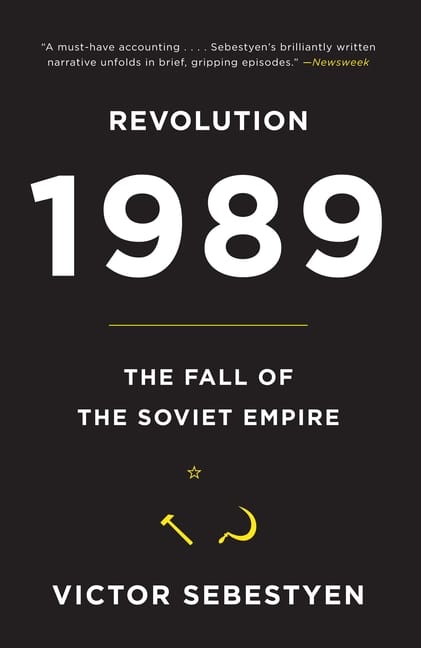



Reviews
There are no reviews yet.